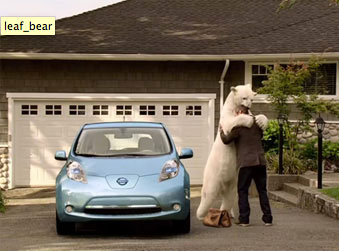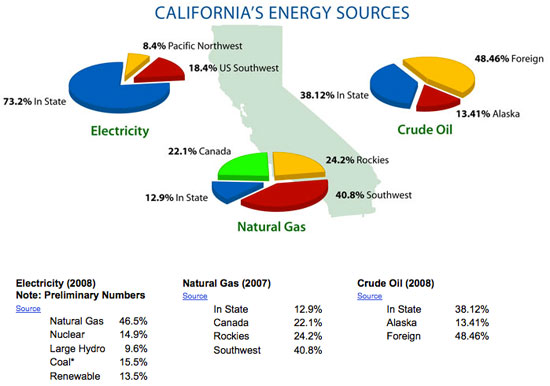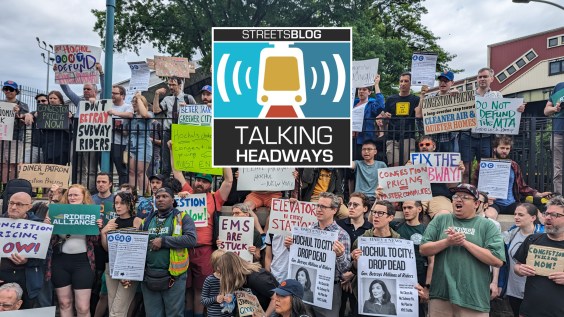
The all-electric Nissan Leaf will make its debut tomorrow in San Francisco after the company delivers its first production vehicle to Olivier Chalouhi in Petaluma. Chalouhi was the first customer to order a Leaf online and the company intends to reward him for his early adoption. Chalouhi will pick up his vehicle at the Nissan dealership in Petaluma in the morning and drive it to the city for a 1:30 pm event at Civic Center in San Francisco.
At the press event, Chalouhi will be joined by Nissan America Chairman Carlos Tavares, Melanie Nutter from Mayor Gavin Newsom's office, Bay Area Air Quality Management District CEO Jack Broadbent and Rafael Reyes of the Bay Area Climate Collaborative. A large polar bear (or at least an actor in a bear suit) will also attend, re-enacting the scene in a Leaf commercial where a polar bear hugs a man to thank him for embracing electric vehicle technology.
"Tomorrow's event is a landmark in advancing clean transportation, not just for the region, but worldwide," said BACC's Rafael Reyes. "The mayors of San Francisco, Oakland and San Jose set a target to make the Bay Area the EV capitol of the United States and that is coming to fruition in large measure because of the extraordinary collaboration around the region."
Given the great deal of hype around the first all-electric mass-produced vehicle to hit land stateside, there have been 20,000 reservations for the Leaf, though Nissan representatives said those won't necessarily translate into 20,000 orders. Worldwide, the company has initial production capacity for 50,000 of the vehicles.
The Leaf was recently rated by the Environmental Protection Agency to get the gasoline equivalent of 99 miles per gallon combined (102 city, 96 highway) and a battery charge range of between 60 and 140 miles, depending on conditions. The Leaf is technically a zero-emission vehicle, though this classification fails to take into account how that electricity was produced. In regions like the Bay Area, where electricity generation includes significant amounts renewable energy, the overall impact of the Leaf on greenhouse gas production will be superior to gasoline vehicles.
Even in the worst case scenario, says BAAQMD representative Karen Schkolnick, electric vehicles will produce lower emissions than the internal combustion standard. The BAAQMD has been a strong supporter of adding electric vehicle infrastructure and has spent $1.3 million in the last 12 months installing vehicle charging stations throughout the region.
Though Schkolnick acknowledged there is a threshold point where converting every vehicle in the Bay Area to electric, for example, would likely burden the grid, she was hopeful technological and efficiency improvements for generation and charging would improve the overall air-quality and health impacts of driving. She also noted that the gradual addition of vehicles, especially if they are charged at night, will use excess energy that otherwise currently gets wasted.
"We obviously don't want to try to solve one problem by creating others. We do not see that this is a concern given the number of vehicles that are going to be available in the next 5 to 10 years," said Schkolnick.
"Through incentives and financing models," she said, the region can "incentivize and price-structure the ability to make sure there is not a negative impact on the grid."
The event will start tomorrow at 1:30 pm in front of San Francisco City Hall. Look for the white bear suit.






